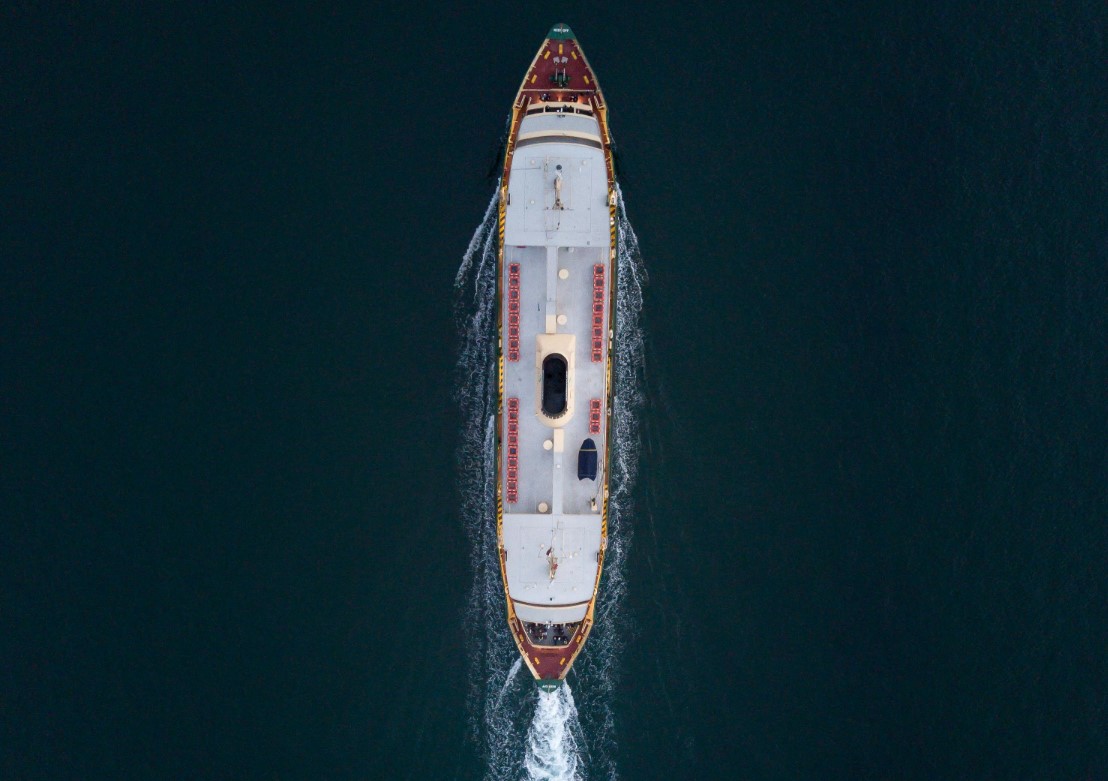The Eastern Mediterranean’s shipping community is moving, albeit unevenly, towards cutting greenhouse gas emissions, according to the first wave of the METAVASEA survey conducted between June and November 2024, just ahead of the IMO’s Net-Zero Framework adoption at MEPC 83.
The large-scale survey, coordinated by the Hellenic Marine Environment Protection Association (HELMEPA) with backing from Lloyd’s Register Foundation, gathered 898 responses from shipping companies, seafarers, ports, suppliers and civil society.
It found rising awareness of climate obligations, but also persistent gaps in infrastructure, training and technology.
According to the findings, 74 per cent of shipping company respondents said they were already aligned or planning to align with the IMO’s net-zero targets, though progress remains uneven.
Most focus is placed on direct emissions (73 per cent), while only 9 per cent and 4 per cent monitor indirect (Scope 2) and supply-chain (Scope 3) emissions respectively.
Biofuels emerged as the most widely used or planned alternative fuel at 62 per cent, followed by green hydrogen (25 per cent) and ammonia (19 per cent).
Yet 42 per cent of respondents cited compatibility and infrastructure concerns. New technologies such as onboard carbon capture, wind and solar power, and air lubrication face scepticism over costs, vessel readiness and safety.
For seafarers, the leading safety concern is crew fatigue, identified by 70 per cent of respondents, followed by insufficient training (27 per cent) and limited familiarity with new fuels (26 per cent).
Training gaps remain stark: 64 per cent reported receiving no decarbonisation-related training in the past two years. When training is offered, in-house provision dominates (61 per cent), though external courses are rated more effective.
Skills development is also evolving. Respondents stressed the need for both technical skills—such as emissions monitoring, energy management and handling new fuels, and soft skills, including leadership, teamwork and critical thinking.
Larger fleets, with more than 50 vessels, are considerably more advanced in emissions tracking and ESG strategy adoption, while smaller operators cite resource limitations.
Ports and suppliers reported their own challenges. Only 20 per cent of ports currently offer VLSFO bunkering, despite the Mediterranean’s designation as a SOx Emission Control Area from May 2025. Onshore power systems are the most common planned initiative, yet 40 per cent of ports have no decarbonisation interventions underway.
Meanwhile, 60 per cent lack emissions monitoring systems.
Civil society perceptions are also misaligned with reality. Many citizens believe shipping contributes 50–70 per cent of global GHG emissions, whereas the actual figure is closer to 3 per cent.
At the same time, climate concern is high, with 97 per cent of respondents worried about local environmental impacts and 78 per cent rating shipping decarbonisation as vital for the East Mediterranean’s marine environment.
The METAVASEA project, launched in 2023 and set to run until 2027, aims to map the skills and infrastructure required for the green transition in this strategically important region. Its network includes six core partners, twelve associates and more than sixty stakeholders.
The survey will continue through 2027 to track evolving trends, challenges and training needs.






Click here to change your cookie preferences